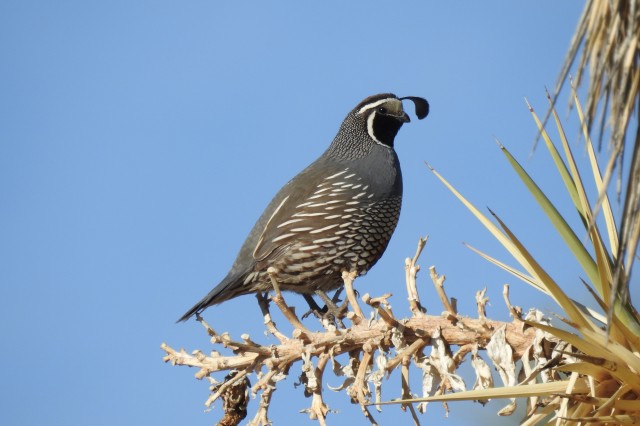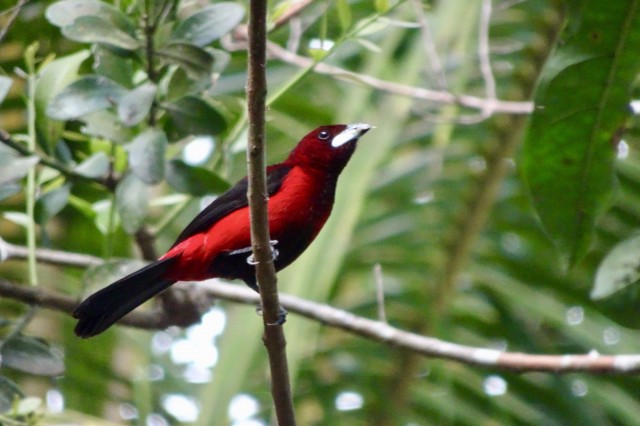Something Winged This Way Comes
Our spookiest month brings one of our most maligned birds
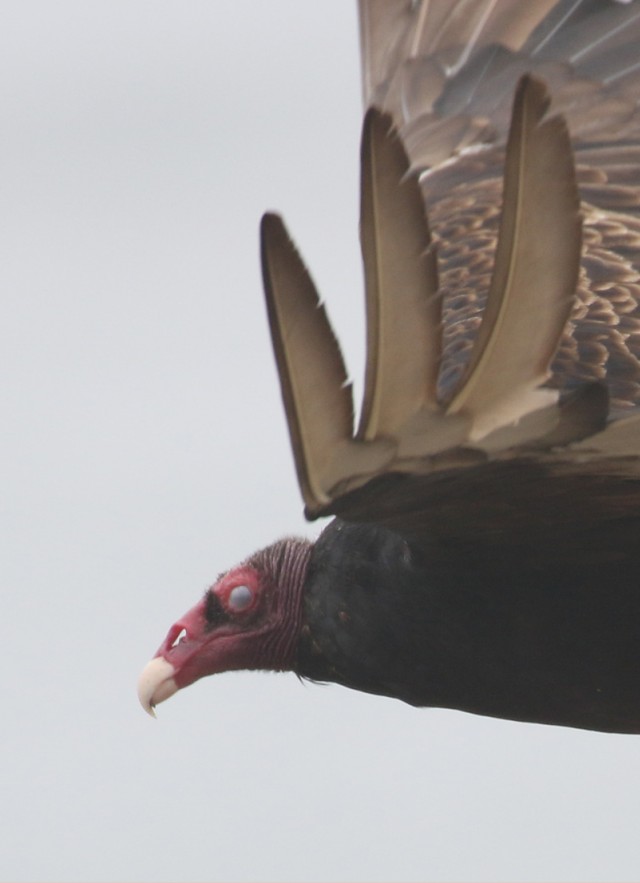
Los Angeles is the birdiest county in the U.S. and NHM’s Ornithology Collections Manager Kimball Garrett always knows what's flocking in L.A. no matter the season.
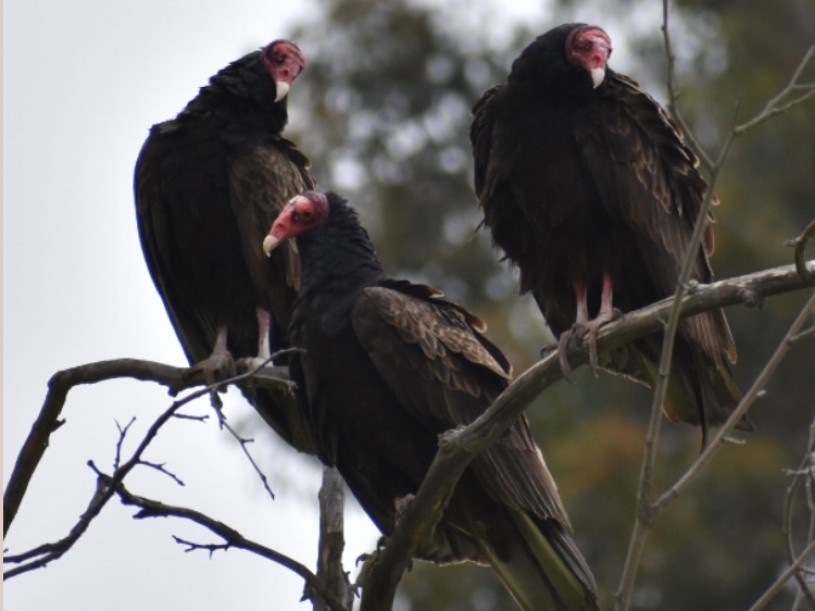
When you see them in the air, they're called a kettle, and a group of them around a carcass is called a wake. In October, keep your eyes peeled for the birds called turkey vultures, Cathartes aura.
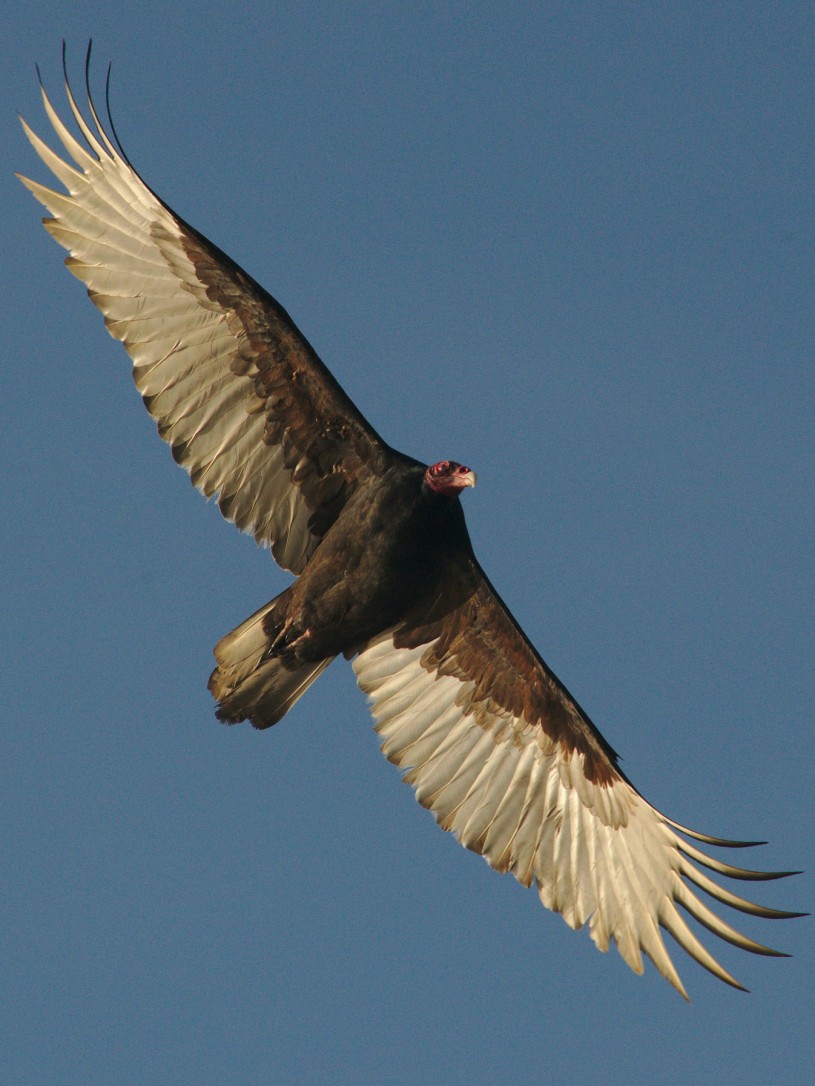
You can catch these carrion commuters riding the thermal updrafts, scoping the streets for roadkill. With their iconic bald reddish heads (perfect for digging into dead animals) and impressive 66" wingspan, they're imposing animals. They also intentionally pee on their legs to keep cool and possibly to disinfect after a meal of rotting rodent (rotting anything, really).
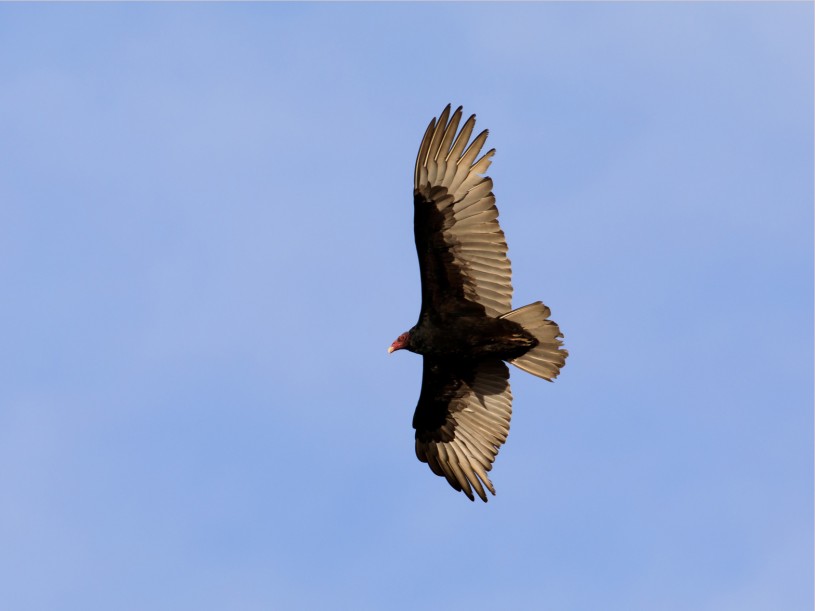
They get a bad rap for their ghoulish dining habits, but scavengers play important roles in our ecosystems. With their keen senses, turkey vultures often find fresh carcasses first, in turn leading larger birds like condors to the feast. Their less than appetizing appetites also help prevent diseases like rabies and tuberculosis from spreading by devouring infected meat.
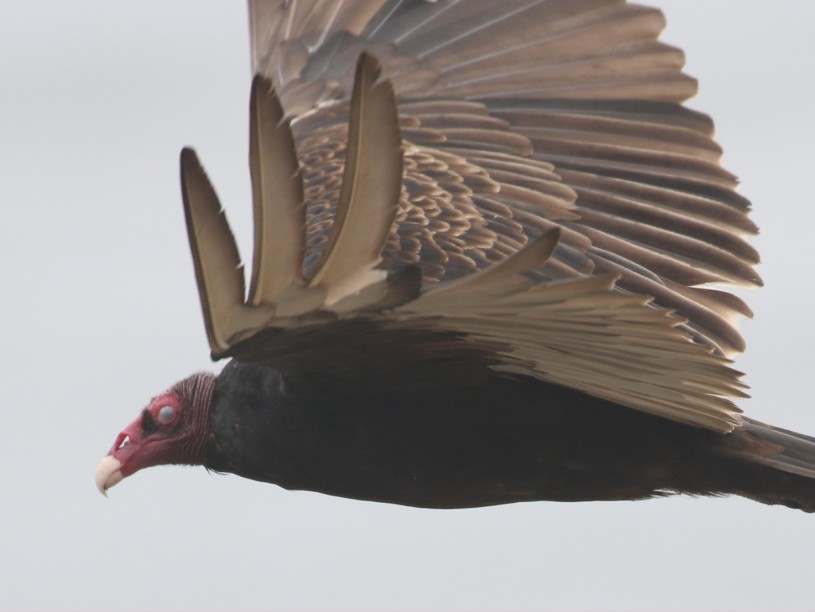
Kettles of turkey vultures punctuate Halloween season. “Although they can be found year-round in the area, the largest numbers are seen when they are passing through from breeding areas over a wide area of western North America to their wintering grounds (locally from central and southern California south through Mexico and for some populations as far as northern South America)," says Garrett.
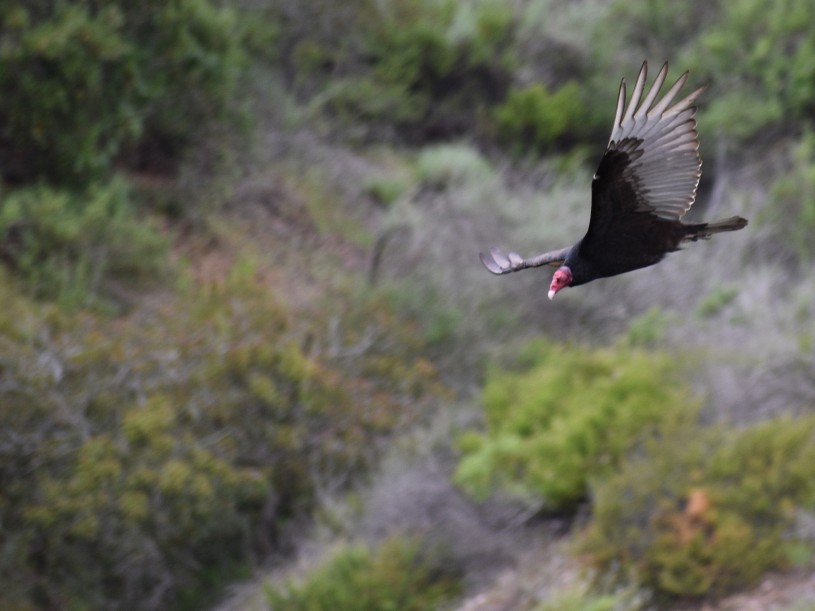
"October is a good month to see flocks of migrant turkey vultures along the foothills and over the desert parts of the county," Garrett adds.
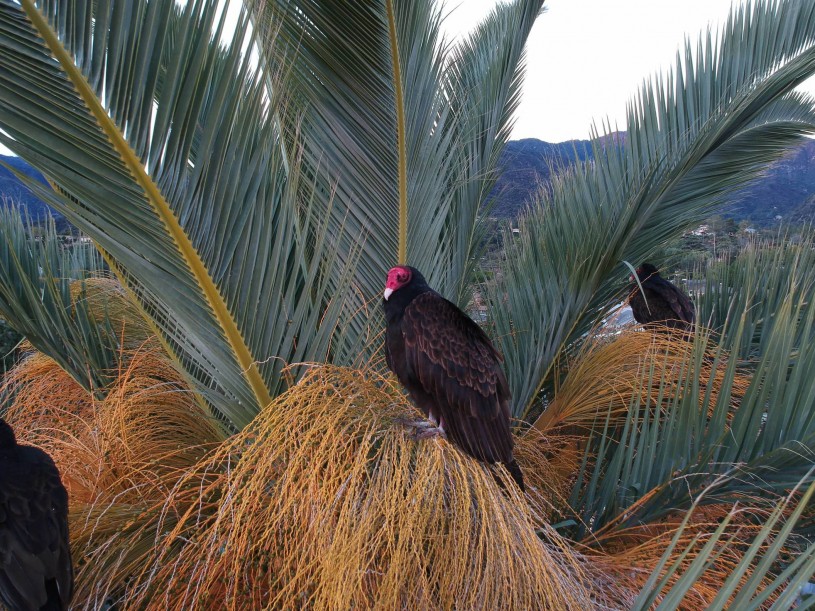
So keep looking up or keep your nose attuned to the smell of death, and you might see a wake of these majestic, impressively helpful birds indulging in some roadkill.
